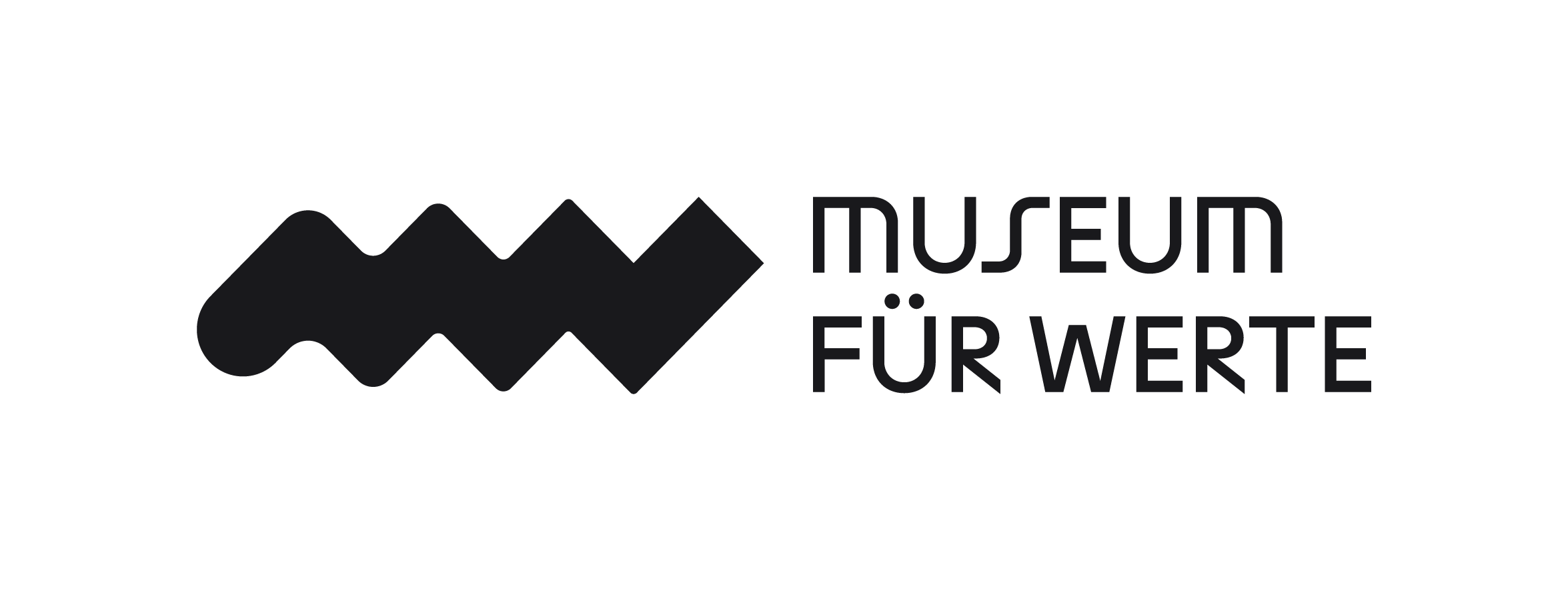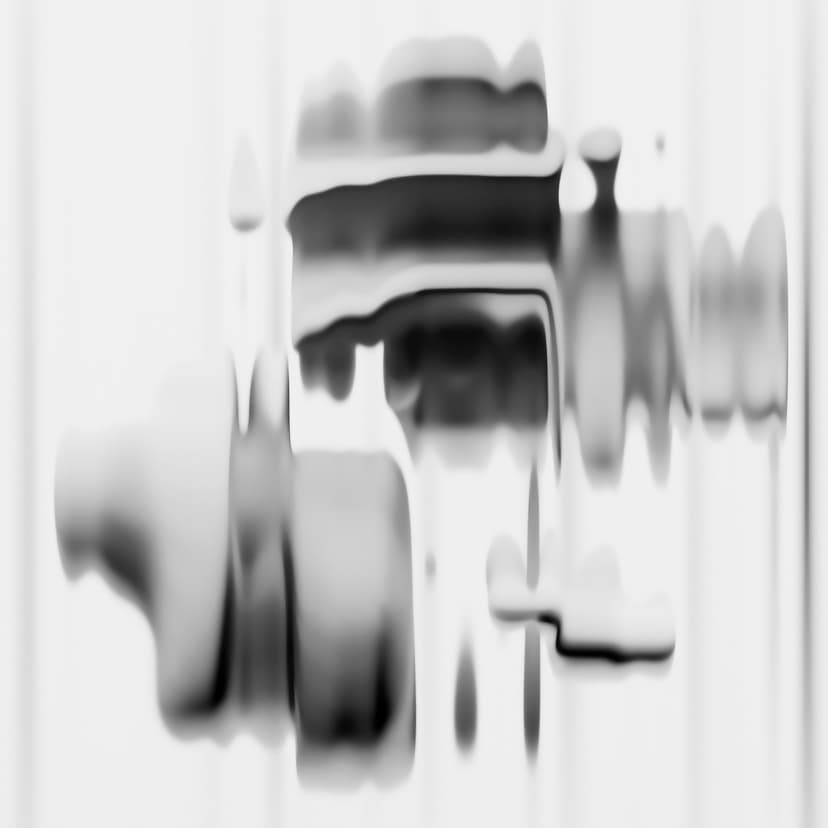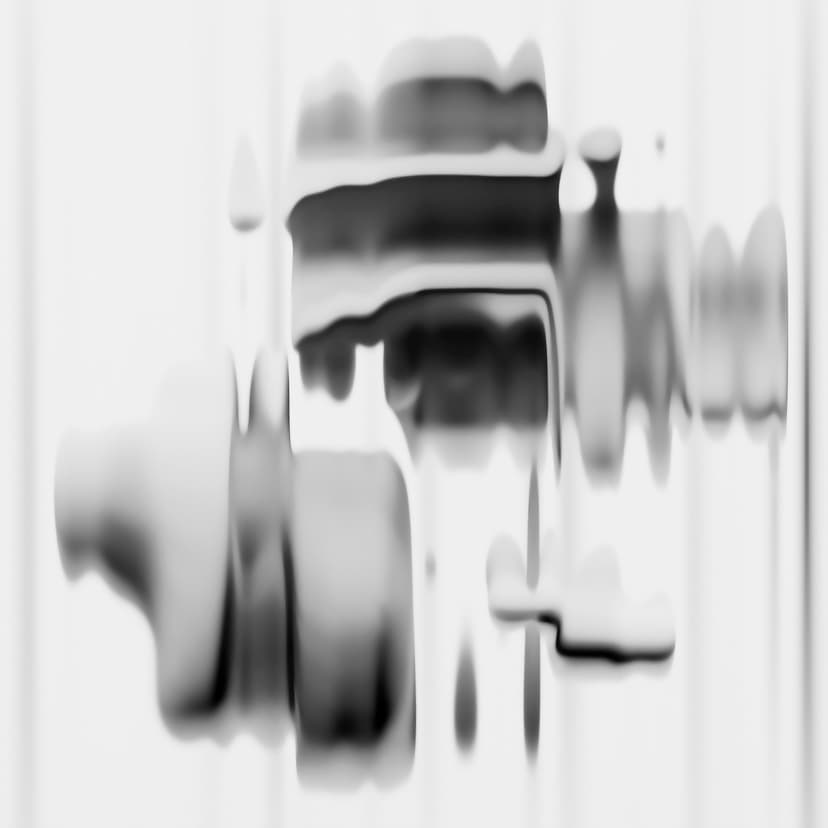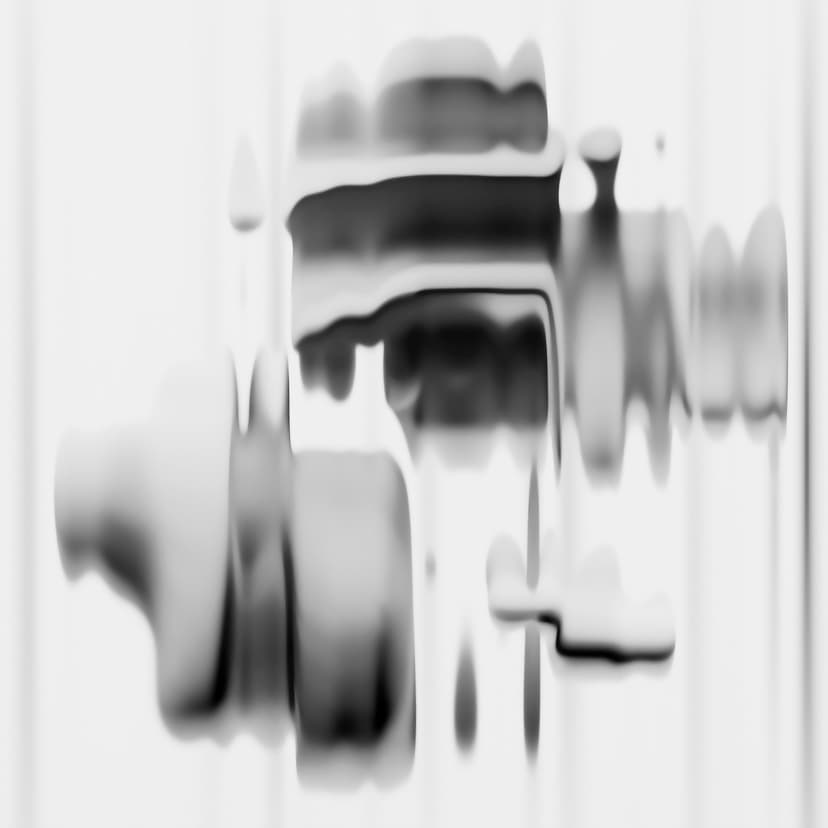In August 1968, I was supposed to meet my boyfriend, who was living in Switzerland, in Prague to discuss illegally leaving the country. We had decided to get married. Legally leaving the country for GDR citizens to a Western country had been very difficult since August 13, 1963 (when the Berlin Wall was built)! During this time, the so-called "Prague Spring" was at its height. Shortly after my entry into Czechoslovakia, the borders were closed by the GDR authorities. However, my boyfriend didn't show up, and three days after my departure from the GDR, Warsaw Pact soldiers marched into Czechoslovakia with tanks. Determined to leave the GDR illegally via Hungary and Yugoslavia in November 1968, I set off alone, without any luggage, toward the Yugoslav border. I carried only the most important documents and a razor blade in my trouser pocket. I carried this razor blade with me to give myself the opportunity to kill myself if I were shot. I didn't want to bleed to death like others, like Peter Fechter on August 17, 1962, at the Berlin Wall. That November, I marched alone across meadows and fields in complete darkness toward the border. Late that night, I was arrested by Hungarian soldiers. I offered no resistance and was watched by Hungarian peasants who had surely betrayed me to the border guards for money. The soldiers took me back to Szeged, where I spent the rest of the night in a makeshift cell in the basement with a young Roma woman who tried to comfort me. The next day, I was interrogated without witnesses by a man with a Viennese accent. Afterward, officials took me to Budapest, where I was locked in a solitary cell with the light constantly on. There, I also received German books, such as "Crusaders of Today" by Stefan Heym, whose writings had already been banned in the GDR. I was repeatedly interrogated without witnesses or legal representation, and one evening the interrogator was escorted to the airport. There, he handed me over to East German state security agents. Upon arrival in Berlin, I was taken to a prison (Hohenschönhausen), where I spent the rest of the night in solitary confinement. From there, I was taken in a civilian car to Magdeburg, where I was forced to enter the East German State Security detention center. A gun was constantly pointed at me during the journey! There, I was held in various cells and brought together with a young female doctor who had also attempted to escape from East Germany. I suspected that the doctor, as an unofficial employee of the East German State Security, was passing on information about me. Contact with other prisoners was out of the question! After interrogations, again without a lawyer, I was photographed and fingerprinted. Then I was driven in a van without windows to Stendal, where I lived. In Stendal, I continued to be held in pretrial detention and was eventually brought to trial, where I was sentenced to 18 months in prison for "fleeing the republic." The trial was held behind closed doors! I was not taken to the notorious and feared women's prison in Hoheneck. As a caretaker, I now had to serve meals in the women's ward, clean offices, and do laundry. Everywhere I went, I experienced the harsh reality of prison life, characterized by surveillance, restrictions, and psychological pressure. But despite all the difficulties, I also found support and solidarity among my fellow inmates. We helped each other by exchanging information through knocking signals, encouraging each other, and creating small moments of comfort in the dreary prison environment. I spent my limited free time in prison reading prescribed books. Writing was not allowed. Almost a year passed like this. My remaining sentence was commuted to probation. As a political prisoner, I, too, had to sign a letter swearing nothing about my time in prison! No one asked me, and I never spoke about it! I could only continue to live in the GDR, outwardly conforming. Although I was finally free again, I bore the scars of my experiences and knew my life would never be the same again. At first, I was denied university because I was "not worthy to study in the GDR." Finally, after many years of waiting, I was allowed to begin a vocational college course and graduated with a grade of "very good"! In 1998, I didn't participate in the Monday demonstrations. I was afraid of falling into the clutches of the Stasi again! It wasn't until reunified Germany that I began to tell my story. In Israel, I met Shoah survivors. They told me: It's important to talk about the past. Only those who know this will shape the present and the future for the better! Today, I am responsible for the contemporary witnesses on the board of the Chemnitz-based association Kaßberg Prison Learning and Memorial Site.




